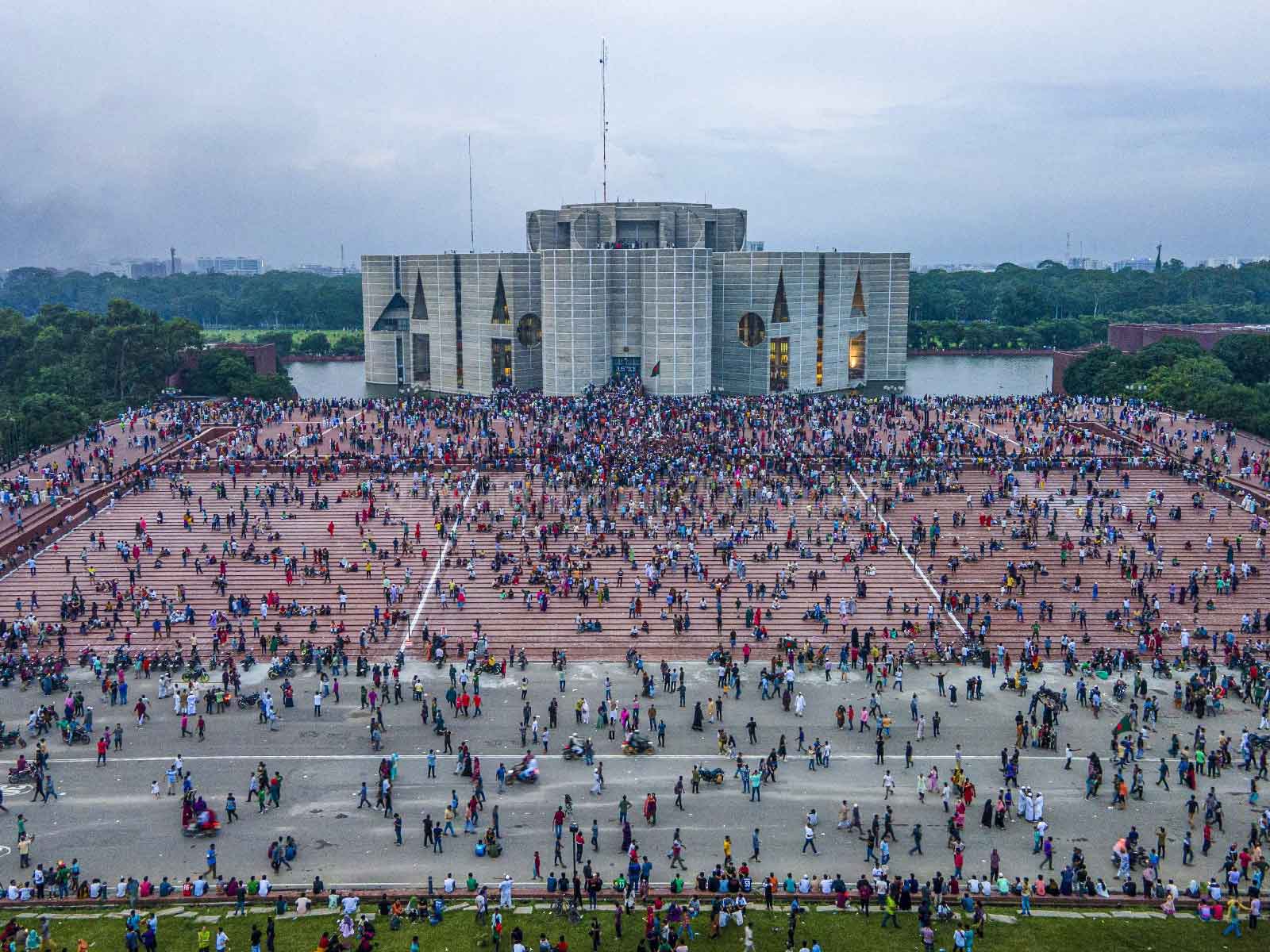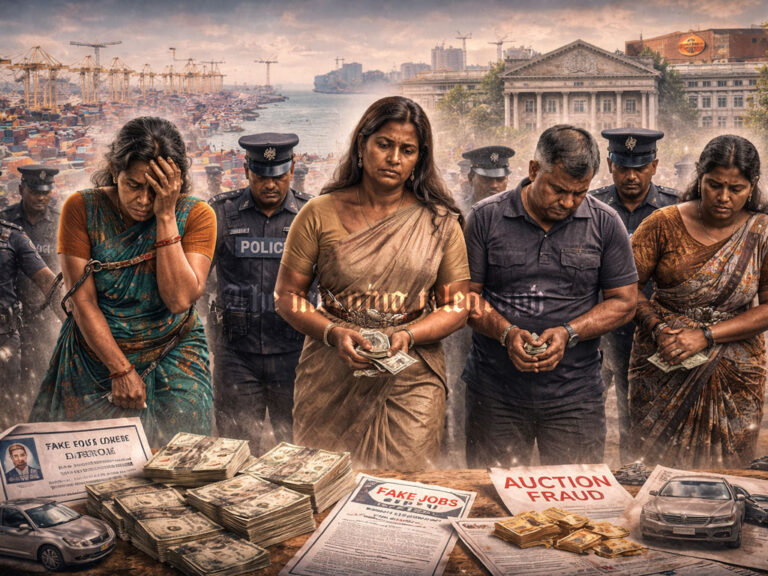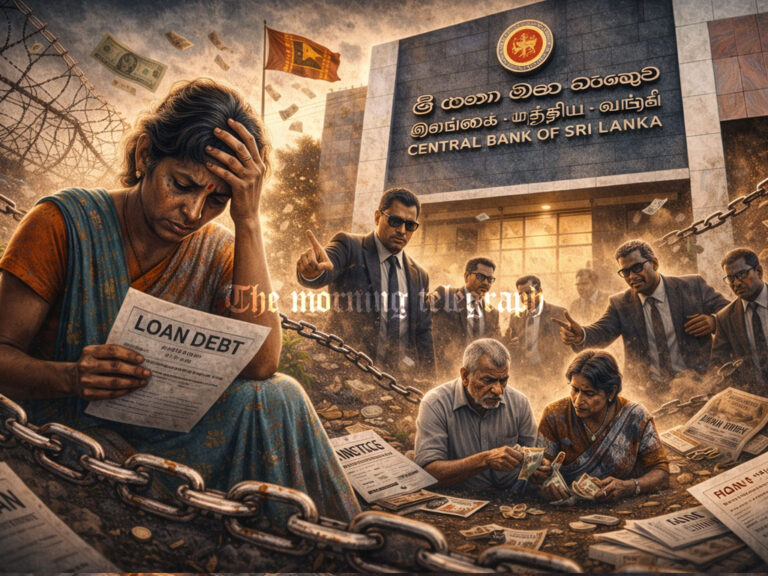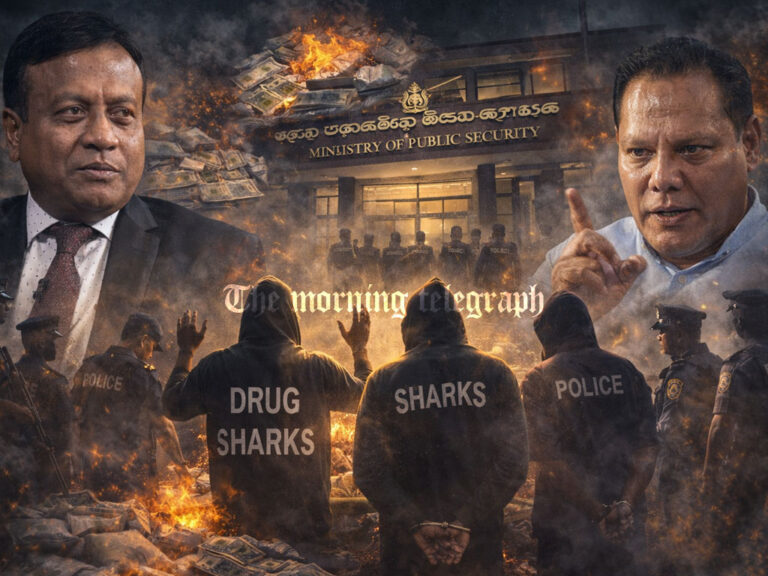
DHAKA, Bangladesh (September 5, 2024) — A month ago, Bangladesh saw its worst turmoil in decades when student-led protests ousted Prime Minister Sheikh Hasina, triggering a wave of violence and instability. What started as a push for better government jobs quickly escalated into a full-blown revolt against Hasina’s 15-year rule, resulting in over 600 deaths and widespread chaos.
Interim Government’s Focus
In the aftermath, Nobel Peace Prize laureate Muhammad Yunus took charge as the head of the interim government. Yunus, known for his work in microcredit, has outlined his main objectives: restoring peace, fighting corruption, and preparing for new elections. His administration, which includes two of the student leaders from the protests, is working on overhauling the country’s institutions, including the courts, police, and the Election Commission. The government is seeking assistance from the United Nations Development Program to support these reforms.
Public Sentiment and Challenges
Despite these efforts, unrest persists. Garment workers, advocating for better wages, have forced around 100 factories to shut down, reflecting ongoing tensions. Meanwhile, Hasina remains in self-imposed exile in India and faces numerous murder charges. The crackdown on her supporters has been extensive, affecting former officials, judges, journalists, and even a prominent cricket player. Many of these cases are criticized as politically motivated and legally dubious, leading to concerns about a possible continuation of Hasina’s repressive system under a different guise.
Student Involvement
The students who played a pivotal role in the ouster of Hasina are now actively involved in the country’s recovery. While some educational institutions have reopened, normalcy is still elusive. Many school heads have been forced to resign, and student attendance remains low. Despite this, there is cautious optimism among students. Some, like Sneha Akter from Dhaka University, believe that removing the old guard is a necessary first step towards real change, though they acknowledge that transformation takes time.
Economic and Political Uncertainty
The interim government faces significant challenges, including restoring the economy, which was severely impacted by the weeks of unrest. The violence and shutdowns led to soaring prices and economic disruptions. As normalcy begins to return—with businesses reopening, police resuming duties, and curfews lifted—the focus shifts to when new elections will be held.
Future Prospects
The interim government, while supported by the youth, faces skepticism about its mandate to enact major reforms and schedule elections. The Bangladesh Nationalist Party (BNP), the primary opposition, is pushing for a swift electoral process, raising concerns about potential unrest if their demands are not met. Political analysts warn that prolonged delays or perceived inefficiencies could fuel further instability and deepen the country’s political uncertainty.
As Bangladesh navigates this turbulent period, the interim government’s success will hinge on its ability to balance reform with stability, address economic challenges, and pave the way for a democratic transition.




